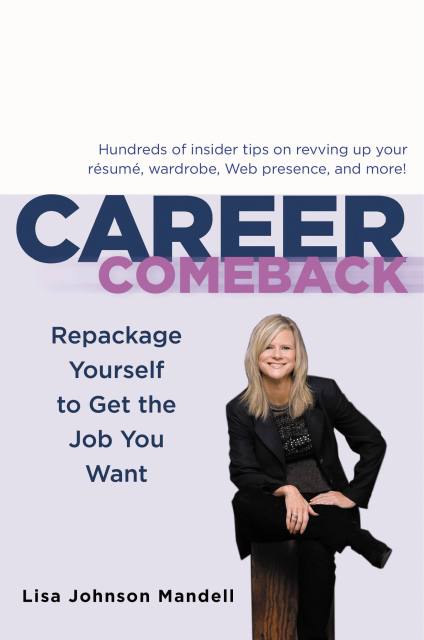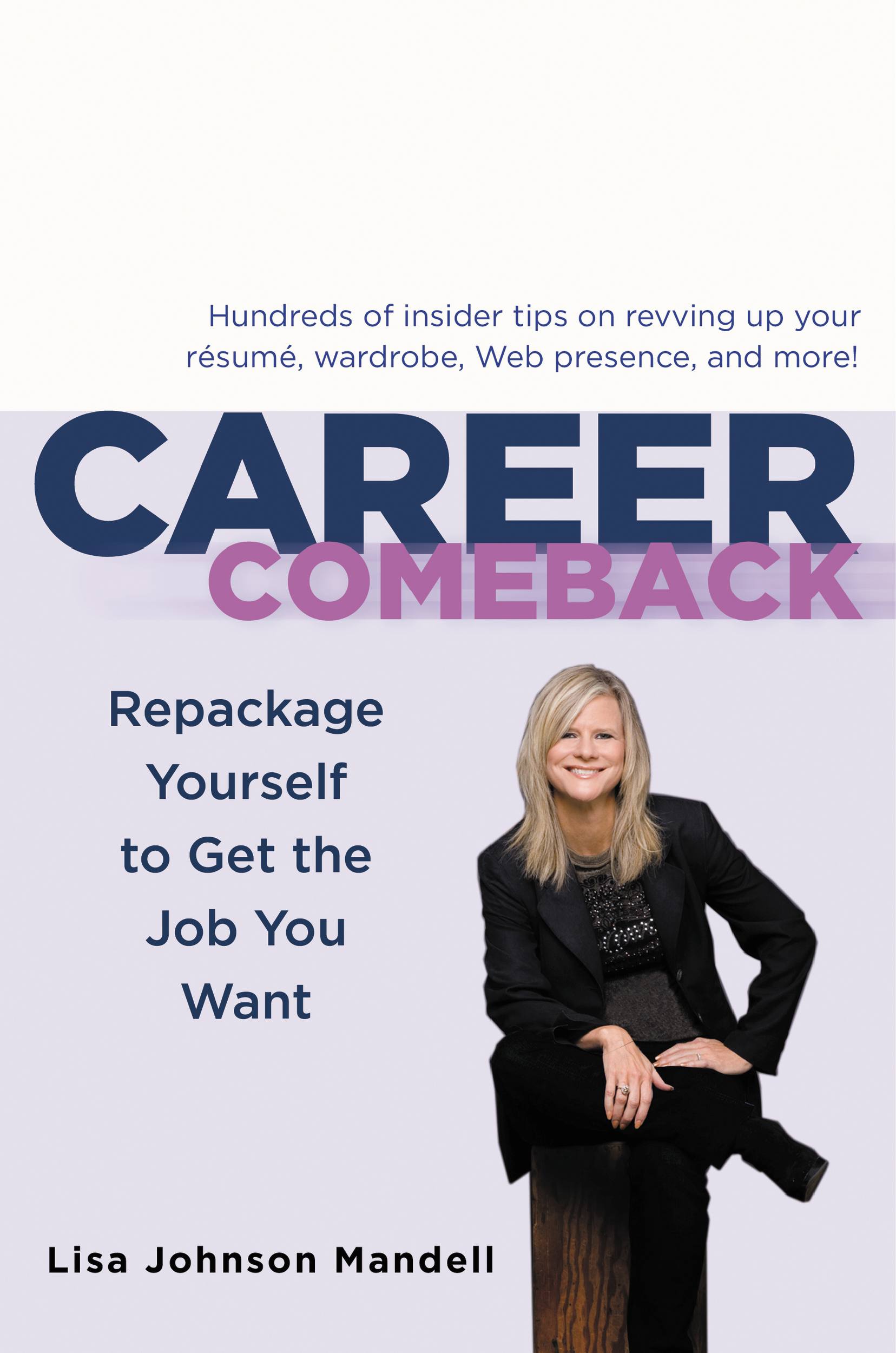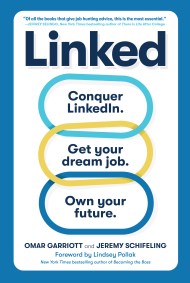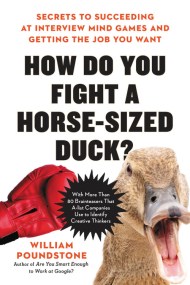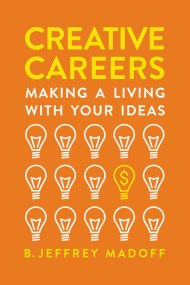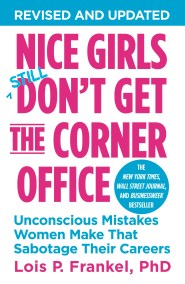Promotion
Use code MOM24 for 20% off site wide + free shipping over $45
Career Comeback
Repackage Yourself to Get the Job You Want
Contributors
Formats and Prices
Price
$11.99Price
$15.99 CADFormat
Format:
ebook (Digital original) $11.99 $15.99 CADThis item is a preorder. Your payment method will be charged immediately, and the product is expected to ship on or around January 7, 2010. This date is subject to change due to shipping delays beyond our control.
Also available from:
Unfortunately, getting older can be a career killer. That's what entertainment journalist Lisa Johnson Mandell discovered when she sent out a resume that made her sound like an aged veteran. Her new career makeover guide—expanded from the Wall Street Journal article about revamping her "older" image to land her dream job—acknowledges that experience matters, but looking and acting up-to-date matter just as much.
Mandell provides ten strategies for putting a youthful spin on resumes, Web pages, and personal presentation, and explains why looking young and staying technologically current is crucial to competing in an increasingly tough job market.
Genre:
- On Sale
- Jan 7, 2010
- Page Count
- 256 pages
- Publisher
- Grand Central Publishing
- ISBN-13
- 9780446558112
Newsletter Signup
By clicking ‘Sign Up,’ I acknowledge that I have read and agree to Hachette Book Group’s Privacy Policy and Terms of Use
